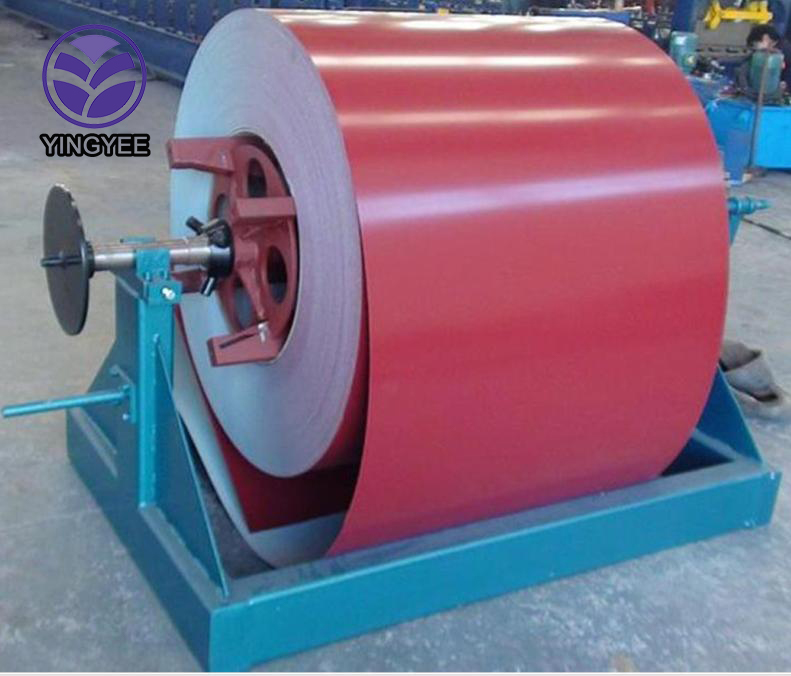
The Evolution and Importance of Drywall Forming Machines
Drywall forming machines have revolutionized the construction industry by streamlining the production of drywall panels, which are essential building materials used in walls and ceilings. These machines are designed to create gypsum-based boards that are lightweight, easy to install, and fire-resistant, making them a preferred choice for modern construction projects. In this article, we will explore the significance, functionality, and advancements of drywall forming machines.
At its core, a drywall forming machine automates the process of producing drywall panels. Traditional methods relied heavily on manual labor, leading to inefficiencies and inconsistencies in product quality. The advent of forming machines has not only improved production rates but also enhanced the uniformity and structural integrity of drywall sheets. By automating the mixing of gypsum with water and additives, shaping the mixture, and then cutting it into desired lengths, these machines ensure that each panel meets precise specifications.
The operation of a drywall forming machine simplifies several intricate processes. Initially, the machine combines raw materials, typically including gypsum powder, starch, and other additives that promote adhesion and enhance fire resistance. This mixture is then spread onto a moving conveyor belt, where it is shaped into the desired thickness. After shaping, the panels are dried through heated passageways, which further solidifies the product and reduces moisture content. Finally, the machine cuts the panels to standard dimensions, readying them for shipping and installation.
One of the most notable advancements in drywall forming technology is the integration of computer control systems. Modern machines are equipped with sensors and automated controls, allowing for real-time monitoring of the production process. This technology optimizes the mixture's consistency and thickness, minimizing waste and ensuring that every panel is manufactured to exact specifications. The result is a higher quality product with fewer defects, which ultimately saves time and costs in the construction process.

The environmental aspect of drywall forming machines is also worth mentioning. With the increasing emphasis on sustainable construction practices, many manufacturers have begun using recycled materials in their drywall products. Forming machines can easily adapt to process these materials without compromising quality, making it possible to produce eco-friendly drywall without significant alterations to the manufacturing process.
Furthermore, as the construction industry grapples with challenges such as labor shortages and rising material costs, drywall forming machines present essential solutions. By enhancing production efficiency and minimizing labor requirements, these machines empower manufacturers to meet growing demand in a competitive market. Moreover, the consistent quality of machine-produced drywall improves overall project timelines, contributing to smoother workflows on construction sites.
In addition to their manufacturing capabilities, drywall forming machines have implications for safety in construction. Reduced reliance on manual labor in the production phase decreases the risk of workplace injuries associated with heavy lifting and repetitive tasks. Furthermore, the consistent quality of machine-made drywall enhances building safety, as structural integrity is maintained across all panels.
In conclusion, drywall forming machines represent a pivotal advancement in the construction industry. Their ability to produce high-quality drywall efficiently and sustainably has transformed the building process, addressing challenges such as labor shortages and environmental concerns. As technology continues to evolve, these machines will undoubtedly play an even more significant role in shaping the future of construction, paving the way for smarter and more sustainable building practices. With the continuous innovations in automation and materials, the drywall industry is well-equipped to meet the demands of contemporary construction.